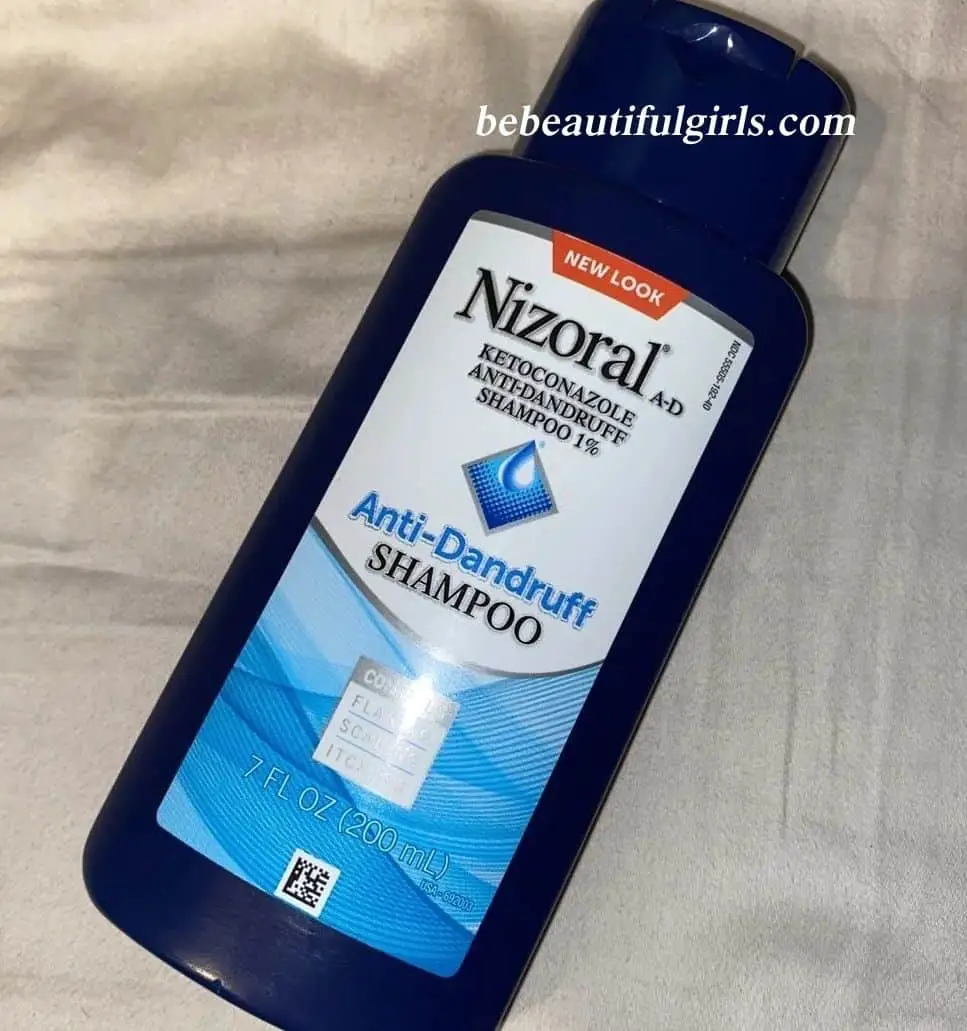Rosemary oil has been revered since antiquity for its scent and healing benefits. This essential oil, derived from the rosemary plant, can deliver hair-enhancing advantages when used appropriately. Using a few drops of rosemary oil mixed into a hair serum allows you to harness its powers. Read on to learn how rosemary oil can be incorporated into an easy DIY hair serum recipe.
The Benefits of Rosemary Oil
Section 1: Composition and Benefits of Rosemary Oil
Rosemary essential oil is produced from the rosemary plant’s flowers and leaves via steam distillation. This popular culinary herb contains beneficial phytochemicals that impart anti-inflammatory, anti-microbial, and antioxidant effects.
The key active compounds in rosemary oil include camphor, borneol, and eucalyptol. Together, these work to increase blood circulation, stimulate cells, and fight free radical damage. For the hair and scalp, rosemary oil helps restore health and youthful qualities.
Rosemary oil conditions the scalp and removes buildup. It stimulates circulation to the follicles to encourage growth. The antioxidants in rosemary oil protect hair from environmental damage. Regularly used rosemary oil can prevent thinning hair and even promote regrowth.
The scalp benefits from rosemary oil’s anti-inflammatory qualities. Applying diluted rosemary oil helps eliminate dandruff flakes and soothe irritation. The stimulatory effects allow it to penetrate deeply into the scalp and provide cleansing nourishment.
Section 2: Making a Rosemary Hair Serum
Creating a customized hair serum with rosemary oil allows you to reap all of its helpful properties. You may produce a serum at home using a simple formula and incorporate it into your hair care routine.
As a versatile base oil, try using coconut, olive, almond, or argan oil which also provides hair moisturizing fatty acids. Pour 2 tablespoons of your preferred base oil into a small glass bottle or container. To this, add 10-15 drops of rosemary essential oil. Shake or stir together to fully incorporate. For easier mixing, warm the base oil slightly first.
For added hair-strengthening benefits, you can include a few drops of lavender, cedarwood, peppermint, or tea tree oils. Limit total essential oils to around 15 drops so as not to overwhelm the base oil.
Make sure to use a glass or plastic bottle and avoid metal containers when storing, as rosemary oil can oxidize metals. Label your serum and keep it in a cool place away from direct light. The serum should be kept for several months.
Section 3: Using a Rosemary Hair Serum
Using a rosemary oil hair serum regularly will impart shine, strength, and thickness over time. Here are some application tips:
– Take a couple of drops and massage them into your palms. Apply to dry or wet hair, concentrating on the scalp and roots. Use sparingly towards the end.
– To achieve deeper conditioning, add serum to damp hair and leave for 15-20 minutes before washing and styling as usual.
– When you wash your hair, use a few additional drops of shampoo and conditioner.
– Style as usual following serum application. It can assist in reducing flyaways and frizz.
– Use frequently or a few times per week. Keep an eye on your hair to prevent it from becoming too oily.
– Combine with massage to increase circulation and maximize absorption into the scalp.
– Keep hair serum away from the eyes and mucous membranes. If you have irritation, stop using it.
– Store in a cool dark place between uses to maintain integrity. Shake before each application.
Follow by washing hair as normal 1-2 days later to remove buildup. Over time, consistent use will promote healthy, hydrated hair.
Section 4: Maximizing Rosemary Oil Benefits
Here are some extra tips for gaining the most from rosemary oil:
– Use rosemary tea rinses after shampooing for added cleansing and shine. Steep rosemary leaves in hot water, cool, and use as a final rinse.
– Add a few drops of rosemary oil to an unscented lotion and massage into the scalp to improve circulation and growth. Let sit 30 minutes before rinsing.
– Combine rosemary oil with olive or coconut oil for a deeply nourishing pre-shampoo hair masque. Apply for 30 minutes then wash out.
– Include rosemary leaves and ground pepper in bentonite clay or charcoal hair masks for a stimulating, clarifying treatment. Rinse after 20 minutes before shampooing.
– Add 2-3 drops of rosemary oil to your preferred dandruff shampoo for enhanced flake-fighting and soothing properties.
– Take rosemary oil internally by placing 1-2 drops into empty capsules. Always use food-grade oil and monitor for reactions.
Section 5: Precautions for Rosemary Oil
When using rosemary oil, keep these precautions in mind:
– Perform a patch test before widespread use to check for allergic reactions or sensitivity.
– If you have epilepsy or seizures, you should avoid using rosemary oil because it can be too stimulating.
– Monitor for skin irritation or rashes after use. Discontinue if redness or stinging occurs.
– Use sparingly on young children and women who are pregnant or nursing.
– Store essential oils properly and watch for oxidation or spoiled batches. Discard if scent changes.
– Do not ingest rosemary oil unless food-grade. Look for a “GRAS” rating for internal use safety.
– Avoid getting pure essential oils near your eyes, nose, and lips, since they can be irritating.
Conclusion
Rosemary oil provides a wealth of advantages for hair health and growth. Creating a customized serum allows you to take advantage of its nourishing, stimulating properties. With consistent use, rosemary oil can transform dull, thinning hair. Follow proper precautions and enjoy lush, vibrant hair with the power of this versatile, fragrant essential oil.








